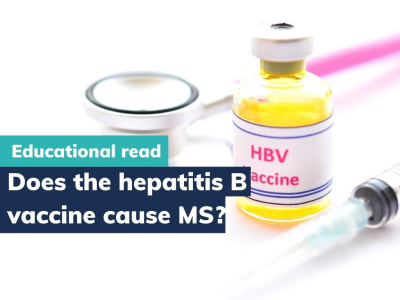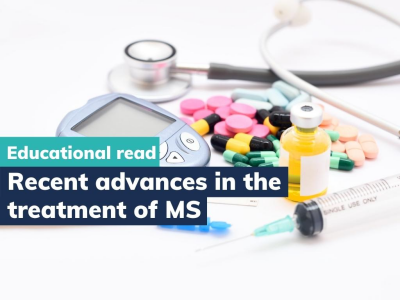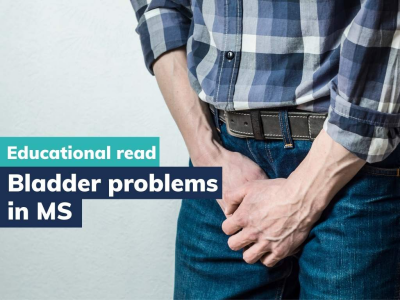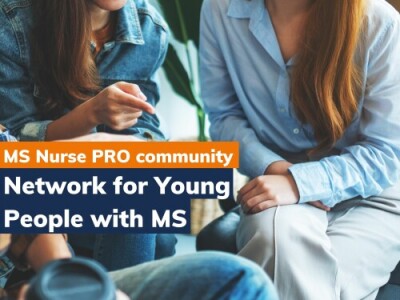
Co-organised by MS Nurse PRO, the 2021 EMSP Conference put the MS nurse community at the center of the event! One of the focal points of the conference was the importance of a good patient-nurse relationship.

MS is most commonly diagnosed in young women, at a time when many will still be considering starting or expanding their family. As more disease modifying treatments (DMTs) become available, what are the latest recommendations regarding their use during pregnancy?

Winter is fast approaching, with days getting shorter, and temperatures dropping, which made us think – as the seasons change, does this impact upon a person’s MS? And if so, how?

There have been concerns about the hepatitis B vaccine and its possible association with MS. However, numerous scientific studies and expert panel reviews proved that hepatitis B vaccination does not cause or worsen MS.

Currently there is no cure for MS. Yet, there are more and more treatments that help patients manage it better. Find our more about the recent treatments.

Guest blogpost written by Anika Biel, specialist in urology, med. tumor therapy, sexual medicine, medical quality management. Bladder dysfunction is very common among people with MS. The challenges are varied and can affect up to 95% of patients with MS. Find out more about the link between MS and bladder function, consequences of non-treatment and diagnostic options.

'How will drinking alcohol affect my MS?' is probably a question our nursing community has heard many times. We have collected a number of facts, research, and tips for you to bare in mind during your next appointment.

The coping behavior of patients living with MS has been highly connected to the social support they received, especially support by family, friends, or other patients with MS. The Young People's Network started by EMSP offers just that!

Unlock insights on aiding MS patients' speech challenges, optimizing care with practical tips and strategies for enhanced communication.

Unlock your MS health potential! A balanced diet empowers symptom control, emphasizing vital nutrients for resilience and well-being. Find out how you and your patients can improve through diet.